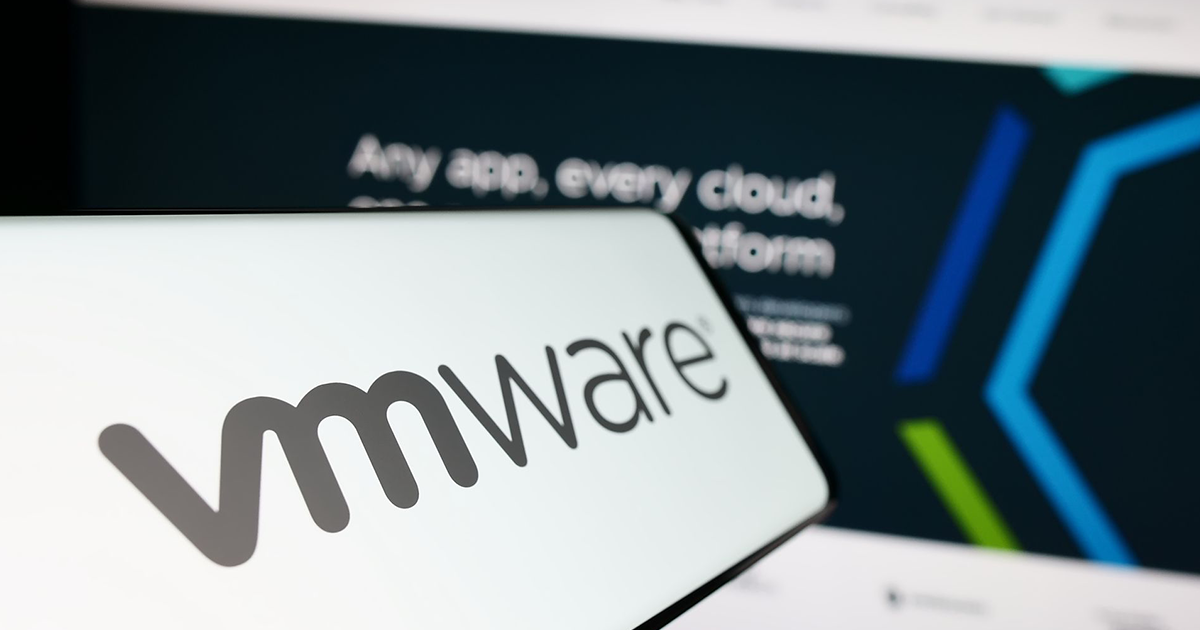Cloud Computing Benefits: Why Every Business Should Consider Cloud Solutions
It’s quite safe to say that we are now all immersed in a digital landscape. Digital tools and platforms are integrated into nearly every aspect of our lives, even in businesses.
Cloud solutions (commonly referred to as "the cloud.") are now the cornerstone of efficiency and innovation—transforming operations, data storage, and delivery of services. As of 2023 data,
60% of all corporate data
is stored in the cloud. And
89% of companies
now utilize a multi-cloud approach, while 80%
take a hybrid approach, using both public and private clouds. Whether you’re running a startup or a well-established company, the cloud can significantly influence your operational dynamics.
So, should you take the leap? Let's take a closer look.
But first: What is cloud computing exactly?
Cloud computing is a kind of technology that grants access to a multitude of computing resources such as servers, storage, networking, databases, and more over the internet. This approach to a business IT infrastructure allows for computing capabilities without the need to invest and manage physical resources and systems. There are three types of cloud computing models:
- Public cloud
- Private cloud
- Hybrid cloud
| Public Cloud | Private Cloud | Hybrid Cloud | |
|---|---|---|---|
| Ownership | Third-party providers | Single organization | Mixed ownership |
| Access | Public | Organization-only | Cross-environment |
| Cost | Lower, pay-per-use | Higher, dedicated resources | Variable |
| Control | Limited | Full | Mixed |
| Security | High, some risks | Highest, restricted access | Custom, secure |
| Scalability | Highly scalable | Limited scalability | Highly scalable, flexible |
| Best for | SMBs, startups | Enterprises, compliance-heavy | Flexible needs, sensitive data handling |
Is it a strategic move for your business?
Looking at it from all angles, there is always a great benefit of implementing the cloud to your IT infrastructure, and here’s why:
You can expand easily and seamlessly
The cloud shines in its scalability. Your business can easily adjust its IT resources to align with fluctuating demands such as variable workloads, seasonal peaks, or unexpected growth spurts. With the cloud, you can adjust your resource levels in just a few clicks, as opposed to traditional methods where you may need physical hardware or time.
It is overall cost-effective
The cloud uses a pay-as-you-go pricing model. This is perfect for startups that are on the fence with large upfront hardware investments. It also greatly reduces the ongoing costs of electricity, cooling, and space that are typical with on-site data centers. This model shifts IT expenses from capital expenditure (CapEx) to operational expenditure (OpEx), which can be more manageable and predictable for businesses.
The collaboration efficiency can enhance productivity no matter where your team is
With the cloud, employees will be able to access, edit, and share documents from anywhere, anytime using cloud-based workflows. This improves business efficiency as you reduce time spent on sending paper-based files back and forth. If you’re looking to set up a remote team, a cloud-based structure can highly benefit you.
Data security and recovery
Cloud providers implement security measures that on-premise security cannot replicate. Moreover, cloud services are quicker regarding data recovery—which means your business can continue to operate with minimal downtime.
A competitive advantage
Cloud computing levels the playing field by allowing small to medium-sized businesses to access sophisticated technologies such as artificial intelligence, machine learning, and advanced analytics without significant investment.
These technologies can be pivotal in developing new products, improving customer service, and optimizing operations. Cloud services also enable quicker software updates and innovations, keeping businesses at the forefront of technology without continual reinvestment in new hardware.
A quick comparison of cloud computing vs not using a cloud in a business environment
| Cloud Computing | No Cloud (On-Premises) | |
|---|---|---|
| Initial Cost | Lower initial cost | Higher initial investment in hardware |
| Operational Cost | Pay-per-use, ongoing cost | Higher maintenance and upgrade costs |
| Scalability | Easily scalable | Scalability limited by physical capacity |
| Maintenance | Managed by service provider | Managed internally |
| Accessibility | Access from anywhere | Access limited to physical location |
| Security | Provider-managed security | Fully controlled internally |
| Deployment Speed | Rapid deployment | Longer deployment times |
| Flexibility | High flexibility | Limited flexibility |
| Control | Less control over infrastructure | Full control over infrastructure |
| Disaster Recovery | Often included | Needs separate implementation |
Ready to harness the power of cloud computing?
Contact Precision IT Consulting for a tailored cloud strategy that aligns with your business objectives. Our experts are here to help you navigate the complexities of cloud solutions, ensuring that your business not only keeps up but thrives in the digital age.






